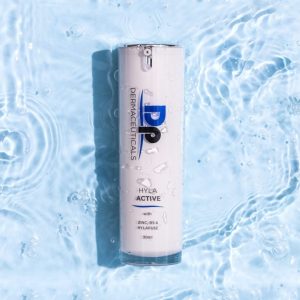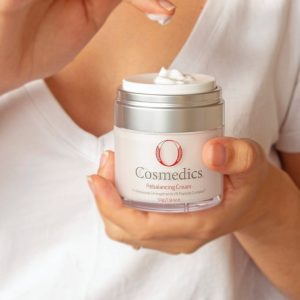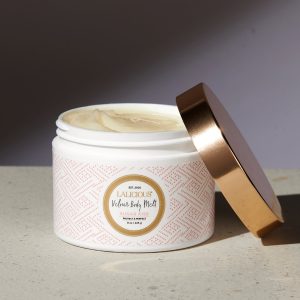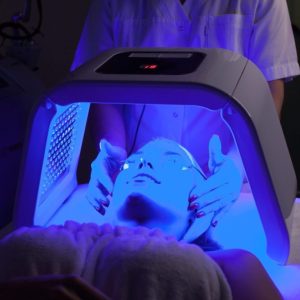7 Ways to Care for Your Skin When Pregnant
Realizing you’re growing a tiny human inside your body is incredible, but it comes with a few extra precautions you might not have thought about, like saying au revoir to wine, soft cheese and sushi for a few months. This also includes skincare, with a few ingredients you should be cautious around, and a surge in hormones meaning you may need to switch up your routine entirely as your skin changes and adjusts. The pregnancy “glow” doesn’t always come naturally!
We’ve put together a list of what to expect from your skin when you’re expecting, including the products and treatments you should skip, and the new ones you might want to add in, to keep your skin feeling healthy, safe and radiant for this special and unique time in your life.
1. Sun protection is even more essential
You might already know that pigmentation can form (or worsen) with pregnancy due to an increase in hormones, with new dark spots, melasma patches or freckles forming on the skin. The key here is to use a safe, natural and zinc-based SPF30 sunscreen every day without fail. Invisible UVA rays can damage our skin even on cloudy days and with cooler weather, as well as through your car or office windows.
Some chemical sunscreens (which work by creating a chemical reaction in the skin to absorb UV rays) haven’t been tested for safety during pregnancy, so many women opt for mineral ones (which physically protect the skin like a shield). We love the Suntegrity Suncare range, a safe mineral sun care line designed to nourish the skin while protecting from both UVA and UVB rays with SPF30 from at least 20% natural zinc oxide.
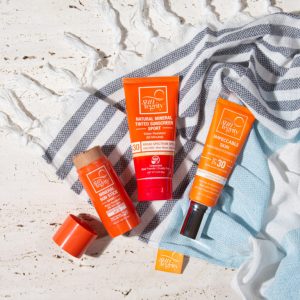
2. Put the retinol and salicylic acid on pause
Vitamin A in most of its skincare forms (including Retin-A, retinol and retinyl palmitate) is best avoided during your pregnancy. Usually we love retinol for its ability to quicken our cell renewal and prevent skin collagen from breaking down, making it the dream anti-ageing ingredient, but studies have shown use of retinoids during pregnancy can potentially be harmful in potent forms.
Although these studies have been more for the strong medicine-based, oral forms (such as Roaccutane), it’s best to play it safe and skip your retinol serums until after baby is born. Salicylic Acid is another one to avoid, again due to studies of its oral form which, like aspirin, can increase the risk of bleeding. While it’s unlikely a topical form on your skin (a common ingredient in acne serums and facial peels) would pose risks, there are no studies that confirm this, so it’s best to put it on hold for the duration of your pregnancy.
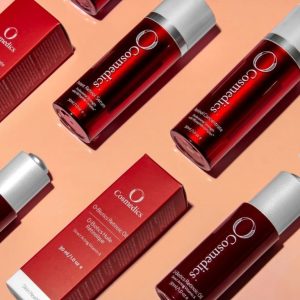
3. You’ll likely need extra hydration
You might already notice an increase in thirst while pregnant, thanks again to hormonal changes, an increase in blood volume and the loss of fluids in our body. While drinking plenty of water is a given, you can give your skin extra hydration with a quality Hyaluronic Acid serum. We love the Dp Dermaceuticals Hyla Active serum, which has been created using only the most premium ingredients for safe infusion into the deepest layers of the skin, to help retain moisture and plumpness. Your complexion will drink this one up!
For some extra nourishment, add a layer of the O Cosmedics Hydra-Plus Sleep-In Mask every few nights, which is also rich in Hyaluronic Acid, plus anti-ageing peptides and Shea Butter.
